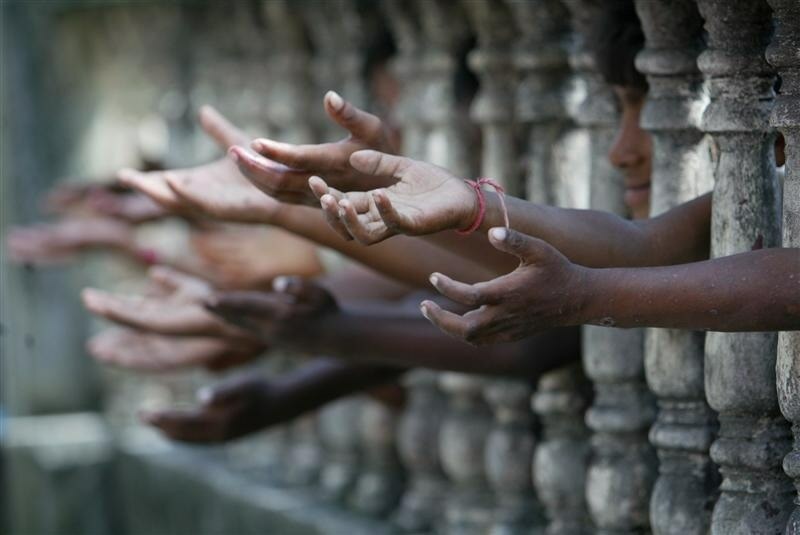EDITORIAL: It’s strange that on the one hand the pandemic, which is by no means over yet, has already increased unemployment and poverty, even threatened “famines of biblical proportions” (WHO), yet on the other it’s also sent the fortunes of the world’s richest one percent soaring like never before. According to the World Inequality Report, which is issued by the World Inequality Lab at the Paris School of Economics, “2020 marked the steepest increase in global billionaires’ share of wealth on record”. It went on to note that “while the wealth of billionaires rose by more than 3.6 trillion euros ($4 trillion), 100 million more people joined the ranks of extreme poverty”, which means that “after more than 18 months of Covid-19, the world is even more polarized”. Pretty much the same thing happened after the Great Recession of 2007-08 when global central banks, spearheaded by America’s Federal Reserve, intervened in the markets on an epic scale not only diverted trillions of taxpayer money into bailout funds for the world’s biggest and most powerful corporations, but also indulged in excessive quantitative easing - old-fashioned money printing - to bolster balance sheets of big banks that had made bad bets.
Such things have been made possible by what modern economists are beginning to call financialization of economies, which began in the second half of the last century and picked up pace in the late 1990s. The focus of corporations began shifting from serving employees, communities and wider societies to a fanatic, single-minded obsession with making profits. This phenomenon has involved sudden and rapid growth in the size and scope of the financial, insurance and real estate (FIRE) sectors and also pushed things like financial markets and techniques deeper into economies and societies than before. And in just a few decades, predominant global trade is driven not by relationships between national economies but multinational corporations that coordinate widespread value chains. Thus a run on a big bank can reverberate far wider than the implosion of a particular country’s trade balance.
This is the reasoning that the world’s bigger central banks hide behind whenever they have to scramble to keep such institutions from collapsing by throwing money at them, even if they make a mockery of classical neoliberal non-interventionism in the process. The Chinese are clearly experimenting with a new variant of capitalism, even if they call it “modern, socialist economics”, and even a number of academics and thinkers in the west are beginning to see its finer points. Calling it “state capitalism”, they say it might just be the thing needed to keep freewheeling large corporations in check in future. If the state doesn’t bend over backwards to protect the corporate sector’s biggest players, and instead cuts them down to size when they cross one line too many, it could well deliver the kiss of death to this style of gangster capitalism that is now firmly in control of at least two-thirds of the whole world’s wealth.
Yet, quite predictably, China’s initiatives have come under fierce attacks by western economies, especially the US and EU, not primarily because of their economic innovations but rather because China is on course to becoming the world’s largest economy and most influential country by the middle of this century. This is unfortunate because the economic inequalities created by the financialization of capitalism, and exasperated by the pandemic, are not sustainable in the long run. In fact, in getting so far ahead of itself by exploiting the financial nerve centres of the modern world, the 1pc club of the super-rich might well have brought its own expiry date closer; because different types of economic orders tend to emerge from pandemics than ones that plunge into them. And just like Europe’s Great Plague ended feudalism, because most serfs that toiled for their masters died during it more than anything else, it seems that the Covid-19 pandemic is taking the world to the cliff from which it might just throw crony and gangster capitalism over the edge once and for all.
Copyright Business Recorder, 2021




















Comments
Comments are closed.